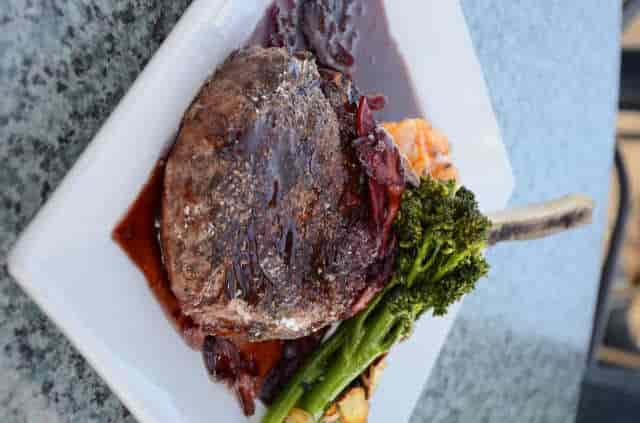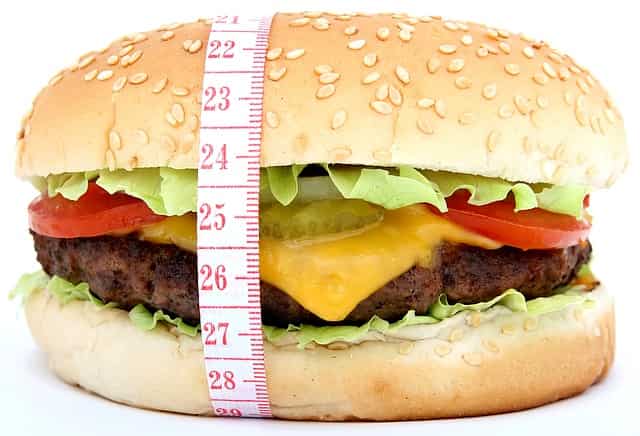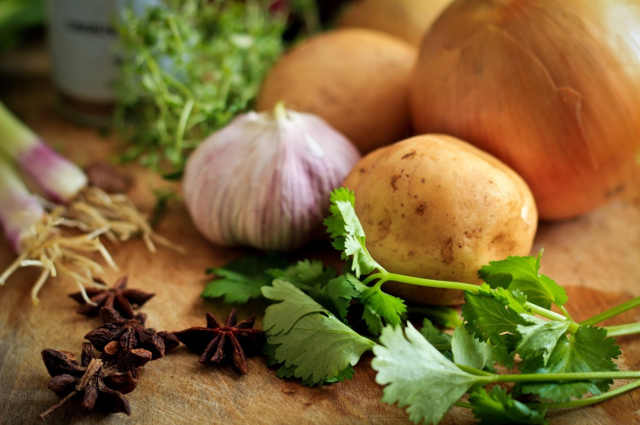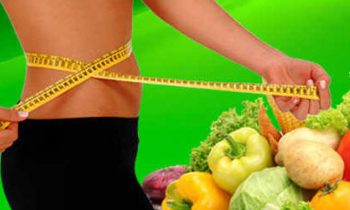There’s a plant-based food revolution going on! More and more people are taking action to improve their health and that of their family through diet. Often, this means a choice of reducing or eliminating meat from their diets.
Studies have shown that a plant-based diet such as the Mediterranean diet or Okinawan diet offer the optimal healthy alternative by lowering cardiovascular risk and combating the process of aging.
Others turn to a full plant-based diet such as vegan. But one of the first questions most people ask in relation to going vegetarian, vegan, and raw food vegan is, “Is it possible to get enough protein to stay healthy?”
The short answer is yes, definitely. The longer answer is yes, but it will depend on which plant-based diet you are following. For example, there are different forms of vegetarianism, including those who eat eggs and dairy, and those who might leave out one or the other. Some will eat fish, poultry, or both.
Those are usually termed flexitarians rather than vegetarians, but they will still rely on plant-based foods for most of their diet.
So the question then becomes, does your body care where the protein comes from?
The answer is yes, for a couple of important reasons.
In this guide we discuss the key similarities and differences between plant-based and animal-based proteins. In this way you can understand any special nutritional considerations and try to compensate for them so you eliminate any risks that might be related to a particular deficiency.
Let’s get started with the key differences between plant and animal protein
The Key Differences Between Plant And Animal Proteins

There are a number of key differences between plant proteins and animal proteins. Plant proteins, as the name suggests, are those provided by plant-based foods such as fruits, vegetables, and grains.
Animal proteins are derived through either eating the flesh of meat, poultry or fish, or the products that are produced by animal, such as milk, cheese, yogurt, butter, eggs and so on.
The most obvious difference is that plant-based proteins do not contain any cholesterol. Only animal-based foods do. This means that even though olive oil and butter, for example, have a similar nutritional profile, butter has a higher amount of cholesterol. Olive oil is also the better choice because it removes inflammation in the body, that is, persistent irritation.
Inflammation has been associated with a range of chronic (long-term) illnesses, including cardiovascular issues and autoimmune disorders, in which the body starts to attack itself. Good examples of autoimmune disorders include rheumatoid arthritis (RA) and various thyroid disorders.
Another key difference between the two kinds of proteins is in their amino acid profiles. Most all amino acids, are present in a vegetarian diet, but those who are vegan may be deficient in two amino acids, lysine and methionine.
Lysine
Beans or legumes, dairy products such as eggs, cheese, milk and yogurt, and meat contain the amino acid lysine. Humans require a minimal daily amount of 800 mg. Grains with tough husks (e.g., wheat) contribute smaller amounts of lysine. The vegan or vegetarian must fine other source of lysine.
Do you suffer from cold sores? Adding lysine to your diet can prevent and support healing nuisance herpes virus infections. This amino acid is key to proper absorption of calcium. This becomes more important with age in preventing osteoporosis.
Studies show lysine may increase muscle mass, lower glucose, and improve anxiety. Research has also shown that it can lower chest pain (angina) and pain in general, and has detoxification properties. It has also been used to treat migraines and help those who are recovering from a heroin addiction.
The best plant-based sources are:
- Soy
- Nuts
- Seeds
- Beans
- Lentils
Vegans following a raw diet can eat these sprouted. Sprouting grains releases nutrients which may be lost during cooking process.
The average daily allowance of lysine is around 14mg per pound of your body weight. So if you weigh 150 pounds, it would be 14 x 150=2100 per day. 1 cup of edamame has 2450mg, and white beans parmesan cheese about 1100 per serving, 1 cup and 1 ounce respectively.
Other good sources include:
- Pistachio nuts
- Chia seeds
- Sunflower seeds
- Flaxseed
- Romano
- Gruyere
- Edam
- Gouda and
- Swiss Cheese



 Diet and Metabolism
Diet and Metabolism Protein Rich Vegan Recipes
Protein Rich Vegan Recipes Protein – Meat vs. Plant
Protein – Meat vs. Plant Correct Proteins For Weight Loss
Correct Proteins For Weight Loss Food Pyramid
Food Pyramid